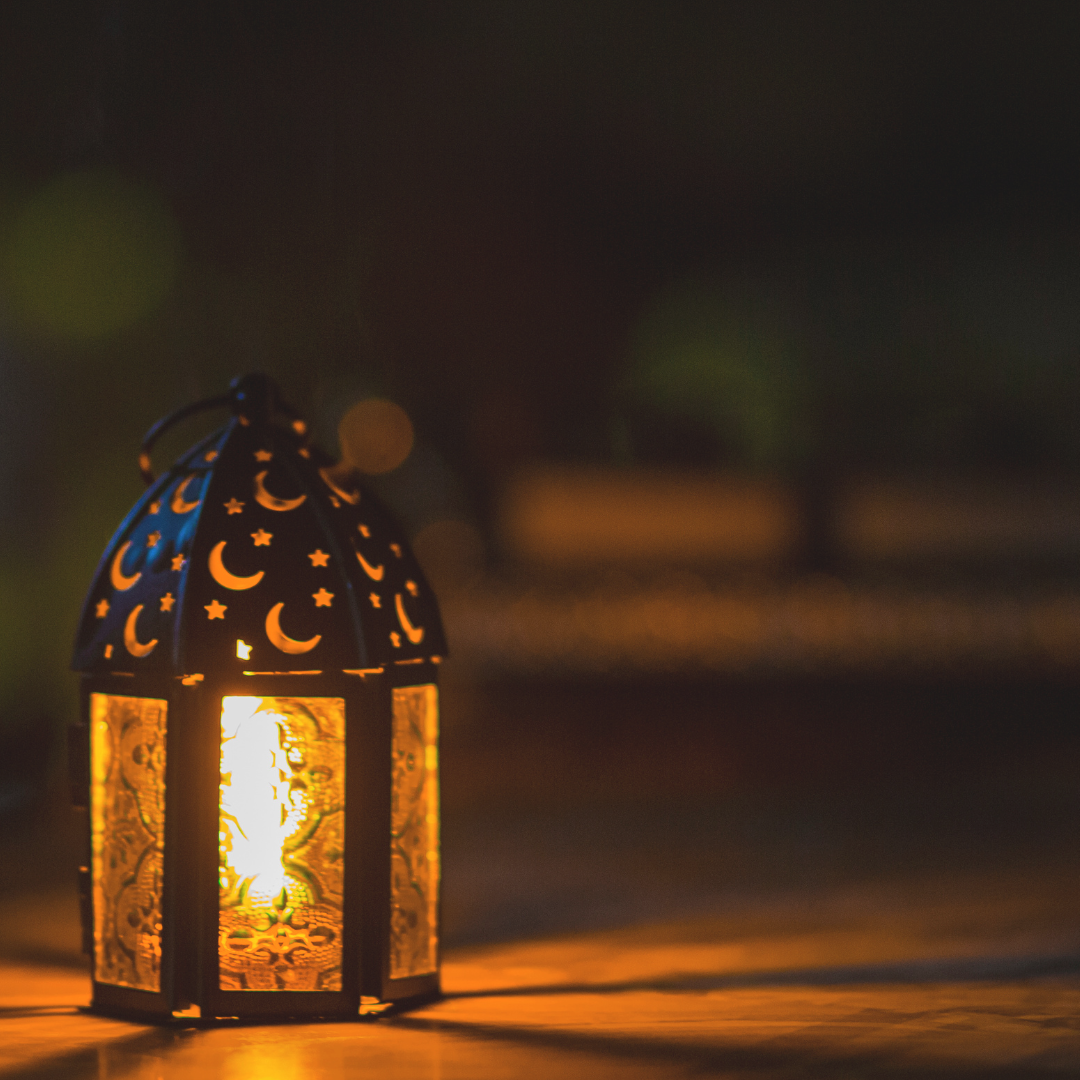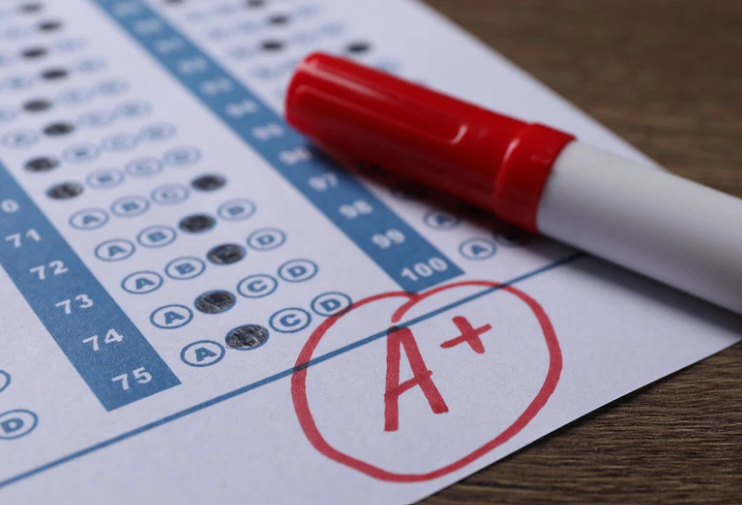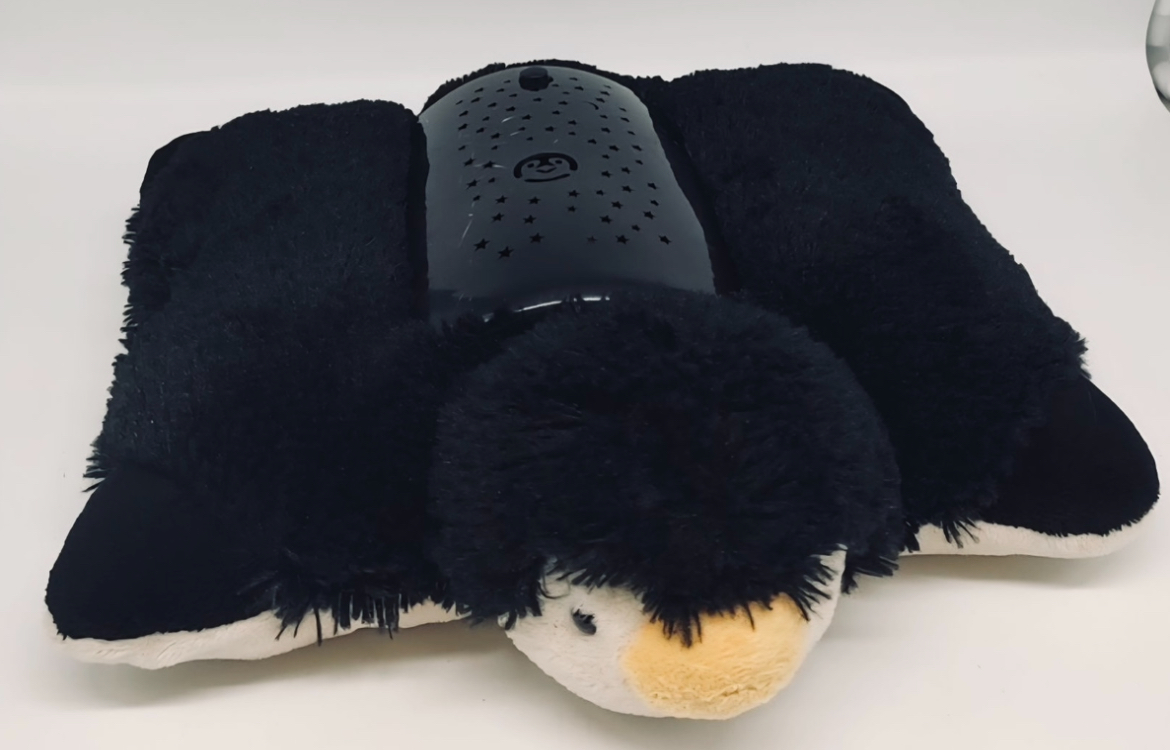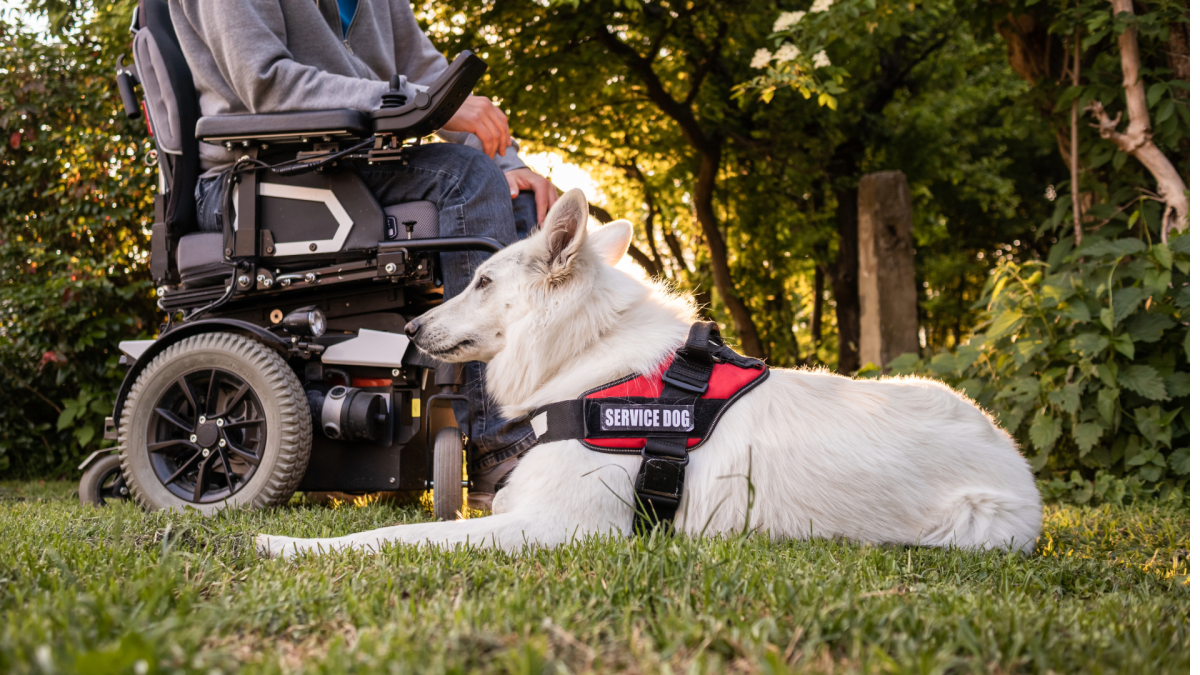Ramadan is the ninth month of the Islamic calendar. Muslims do not eat or drink anything from dawn to sunset. Suhoor is the meal Muslims eat before dawn, and iftar is the meal Muslims eat after sunset. Many diverse cultures celebrate Ramadan. Islam is not secluded to one race or ethnic background.
All Muslims break their fast with water and dates, but what’s different is what they eat during iftar and Suhoor and how they spend their Ramadan.
In Egypt, the streets are decorated with lanterns, representing unity and joy. In Turkey, drummers wake up Muslims for Suhoor. In the United Arab Emirates, Haq Al Laila is celebrated before Ramadan, which is the Muslim version of “Trick-or-treating.” It is a vibrant celebration that marks the approach of Ramadan.
Most Muslim countries reduce hours of labor in Ramadan to allow Muslims to focus on religious practices and dedicate their time to prayer and other religious acts to get closer to God and gain deeds.
Although there are many different cultures that celebrate Ramadan, they all share two common goals, which is to control themselves (self-control) and get closer to God.
Najwa Abou Alnasr, a freshman and a member of the Muslim Student Association (MSA) shares how she and her family celebrate Ramadan,
“I usually break my fast with a date or water and Ramadan preparation usually begins a week or two before Ramadan. My mom will usually wake up early for Suhoor and make something for our family to eat and in iftar she is the one who makes the food and we all help out.”
Getting closer to God in Ramadan isn’t only done by fasting but also by Zakat. Zakat is the Arabic word for charity. Many Muslims donate to charity, especially during Ramadan.
Najwa Abou Alnasr states, “Syrian culture emphasizes Zakat and helping others during Ramadan by distributing food and money to the less fortunate.”
Good deeds are believed to be increased in Ramadan, especially during Laylat al Qadr. Laylat al-Qadr is during the last ten days of Ramadan. Laylat al-Qadr translates to “Night of Decree” or “Night of Power,” the night is also believed to be when the Quran was revealed to Prophet Muhammad.
Najwa emphasizes some of the important things to do in the last ten days,
“Some unique ways of celebrating Laylat al Qadr is by making sure to pray Taraweeh (voluntary and highly recommended prayer done after the evening prayer) and doing good deeds while avoiding bad deeds, making dua is also important.”
Iftar parties and other gatherings are also held during Ramadan. The first day of Ramadan is sometimes spent with family and friends, keeping in touch with family members and friends is important in Islam, especially in Ramadan. Many cultures expect to see different dishes during an Iftar party.
Mawa Jabarkhel , freshman and a member of the Muslim Student Association, shares, “we usually have pakawra or samosas on the table so we expect it to be at an iftar gathering.”
Pakawra is an Afghan dish that refers to vegetable fritters, often made with potatoes or other vegetables and deep fried in a spiced and well seasoned batter. Samosas are eaten in many cultures and are almost always found at gatherings in Ramadan.
Mawa also mentions, “A drink we always have in my culture in Ramadan is Rooh Afza.”
Rooh afza originated in South Asia that has history in India, Pakistan and connections with Afghanistan.
Ramadan is a special month adored by many Muslims. The history behind the month is also special and important. Mawa reveals why she likes Ramadan,
“I like Ramadan because I feel closer to God and I like how my family eat together and bond every night.”







